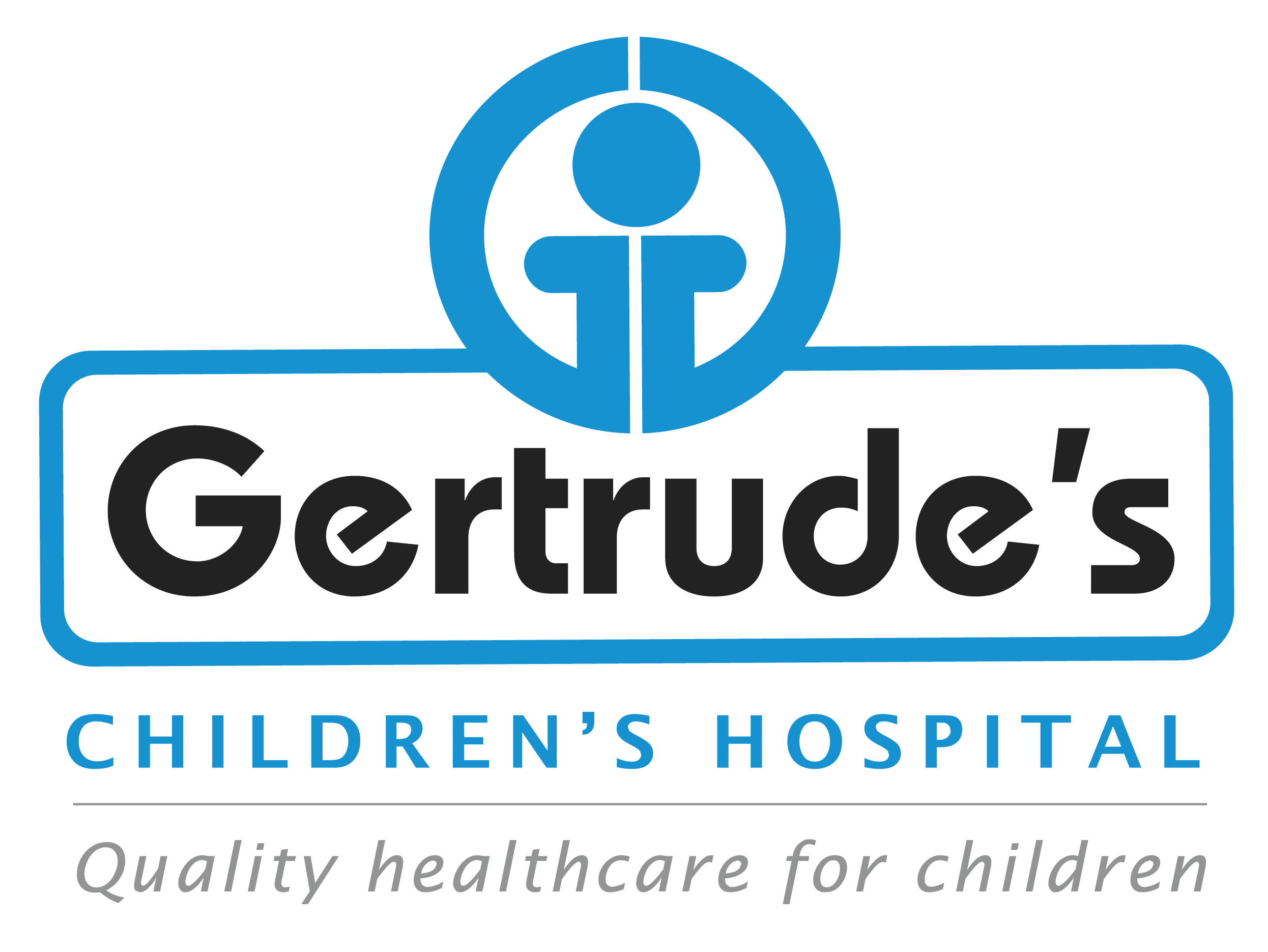Mucoepidermoid carcinoma (MEC) is a type of cancer that usually starts in the salivary glands, particularly the parotid gland located near the jaw. It is made up of different types of cells, including squamous cells (similar to skin cells), mucus-secreting cells, and intermediate cells that can change into either type. MEC is one of the most common cancers found in salivary glands, accounting for about 35% of all salivary gland cancers.
Symptoms
Mucoepidermoid carcinoma may not always cause noticeable symptoms, but when they do occur, they can include:
• A lump or swelling in the face or neck
• Pain or tenderness in the area
• Difficulty swallowing
• Facial paralysis or weakness
• Jaw spasms or lockjaw
• A lump or swelling in the face or neck
• Pain or tenderness in the area
• Difficulty swallowing
• Facial paralysis or weakness
• Jaw spasms or lockjaw
Causes
The exact cause of mucoepidermoid carcinoma is not fully understood. However, it may be linked to:
• Environmental factors, such as exposure to radiation
• Genetic changes that affect cell growth
• Environmental factors, such as exposure to radiation
• Genetic changes that affect cell growth
Diagnosis
To diagnose mucoepidermoid carcinoma, doctors typically:
• Take a detailed medical history and ask about symptoms.
• Perform a physical examination.
• Use imaging tests like X-rays or CT scans to look at the tumor.
• Conduct a biopsy, where a small tissue sample is taken to check for cancer cells.
• Take a detailed medical history and ask about symptoms.
• Perform a physical examination.
• Use imaging tests like X-rays or CT scans to look at the tumor.
• Conduct a biopsy, where a small tissue sample is taken to check for cancer cells.
Treatment Options
Treatment for mucoepidermoid carcinoma usually involves:
• Surgery: The main treatment is to remove the cancerous tissue. If the cancer has spread to nearby lymph nodes, those may also be removed.
• Radiation Therapy: This may be used before or after surgery to shrink the tumor or kill any remaining cancer cells.
• Reconstructive Surgery: If surgery affects facial appearance or function, reconstructive procedures may help restore normal appearance and function.
• Surgery: The main treatment is to remove the cancerous tissue. If the cancer has spread to nearby lymph nodes, those may also be removed.
• Radiation Therapy: This may be used before or after surgery to shrink the tumor or kill any remaining cancer cells.
• Reconstructive Surgery: If surgery affects facial appearance or function, reconstructive procedures may help restore normal appearance and function.
Frequently Asked Questions
Q: What happens if mucoepidermoid carcinoma is not treated?
A: If left untreated, this cancer can grow and spread to other parts of the body, leading to more serious health issues.
Q: How long does recovery take after surgery?
A: Recovery time can vary depending on the extent of surgery but typically takes several weeks; follow-up visits are important.
Q: Is there a chance this cancer will come back after treatment?
A: Yes, there is a possibility of recurrence. Regular check-ups are necessary to monitor for any signs of returning cancer.
Contact
Please feel free to contact us with any general or medical enquiry by calling us.





